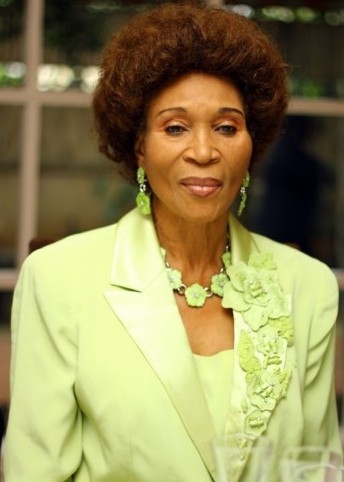Hello Compatriots!!!
You Get Better Life For There???
If you've been to a commercial market in the southwestern part of Nigeria, especially the very busy and rowdy ones, where you'll see stalls of different sizes, and some without roofs just the open heaven as the only covering, managed by women and men with no complex knowledge of mathematics haggling price of goods with the high and low of the society, you would have heard a vendor ask another vendor, "abeg you get better life for there make you borrow me?" And without hesitating, the other vendor will respond by bringing out a 50 naira note from her waist pouch.
But have you ever wondered or stopped to ask why 50 naira note is being referred to as BETTER LIFE? Well, here's a real pricey information freely made available to you.
Get ready!
| 50 naira note |
In October 1991, the Central Bank of Nigeria issued the 50 naira bank note, but after a few months of its circulation, the bank note was dubbed the new name “better life”, which was very ironical considering the fact that the country had just survived an ugly economic scare that stemmed from a myopic economic decision, and aggravated by the adaptation of an economic reform programme called Structural Adjustment Program (SAP).
SAP was introduced in 1986 by World Bank and the International Monetary Fund (IMF) in order to help diversify Nigeria’s economy after it hit the rocks in 1978 following a phenomenal oil boom that barely lasted for 7 years. The oil boom that began in the mid 1970s made the then Nigerian government to channel all her energy into oil exportation. However, that economically unwise decision backfired when there was a decline at the oil market in 1978. This led to the prompt intervention of IMF.
SAP appeared good as it promised to promote Nigeria's economy without inflating its market price, but, Nigeria was also expected to massively encourage and promote the production of indigenous goods, but IMF will not control the interest rates. Unfortunately, despite the good this program promised, it reversedly multiplied the socio-economic austerity in the country.
Just about a year after SAP failed, an indigenous solution stemmed from an indigenous woman's ingenuity in 1987. Mrs. Mariam Babangida, wife of General Ibrahim Babangida, launched a welfare program which she called, “Better Life Program for Rural Women" to uplift Nigerian women out of economic obscurity and awaken a consciousness of their rights as women, to reduce mortality rate among children and women by improving healthcare facilities, and to increase literacy skills among women in rural areas.
 |
| Mrs Mariam Babangida |
This program ultimately led to the establishment of the National Commission for Women, which was later upgraded to the Ministry of Women Affairs in 1995. It also led to the appointment of women into key positions in the society. For instance, Professor Grace Alele Williams was appointed as first woman vice chancellor of a Nigerian university - University of Benin; late Oloye Bola Kuforiji-Olubi was made chairman of the board of the United Bank for Africa, and late Mrs. Maria Sokenu became the managing director of the People’s Bank of Nigeria.
 |
| Bola Kuforiji-Olubi |
This indigenous women-oriented programme did not only elevate the status of women in Nigeria, it also bequeathed its name - better life, to the note (#50) that was issued around that time as a remembrance of its legacies in Nigeria.
Interesting, isn't it? Is it worth the time? If you've learned something new today, drop your comment in the comment box below and also share with others.
See you at the next historical post.
Refrences:
icirnigeria.org/the life and times of the woman on the fifty naira note
Vol. XII, Issue 2 (Spring 2005): Nigeria’s Economic and Technological Development
Comments
This is beautiful. How enlightened I am concerning "Better Life! "
What intriges me most is the connections you made from the 50 Naira note to economic issues, to women alleviation and avocation.
I'm sincerely proud of you, Dorcas!